Ocean Sciences Meeting (OSM) 2020, 16-21 February 2020 in San Diego, California. OSM è co-sponsorizzato da the American Geophysical Union (AGU), the Association for the Sciences of Limnology and Oceanography (ASLO), and The Oceanography Society (TOS).
Alessandra Conversi is the ASLO co-chair for OSM 2020
L’arte della navigazione Polinesiana, è la navigazione su lunghe distanze in mare aperto su una tradizionale canoa a doppio scafo senza l’ausilio di strumenti moderni. Il suo lavoro ha portato a una rinnovata comprensione e rinascita delle arti di viaggio tradizionali perse per secoli a causa della scomparsa di tali metodi di viaggio e della colonizzazione e occidentalizzazione degli arcipelaghi polinesiani. In qualità di presidente della Polynesian Voyaging Society (PVS), un’organizzazione di ricerca e di istruzione senza scopo di lucro, Thompson ha recentemente completato un viaggio di quattro anni in tutto il mondo sull’Hōkūleʻa, una tradizionale canoa da viaggio a doppio scafo. Attraverso questi viaggi, Thompson e il suo equipaggio si sono impegnati con migliaia di persone, tra cui i leader mondiali per evidenziare l’importanza delle risorse oceaniche, le eredità culturali e la protezione di questi luoghi critici in futuro.












